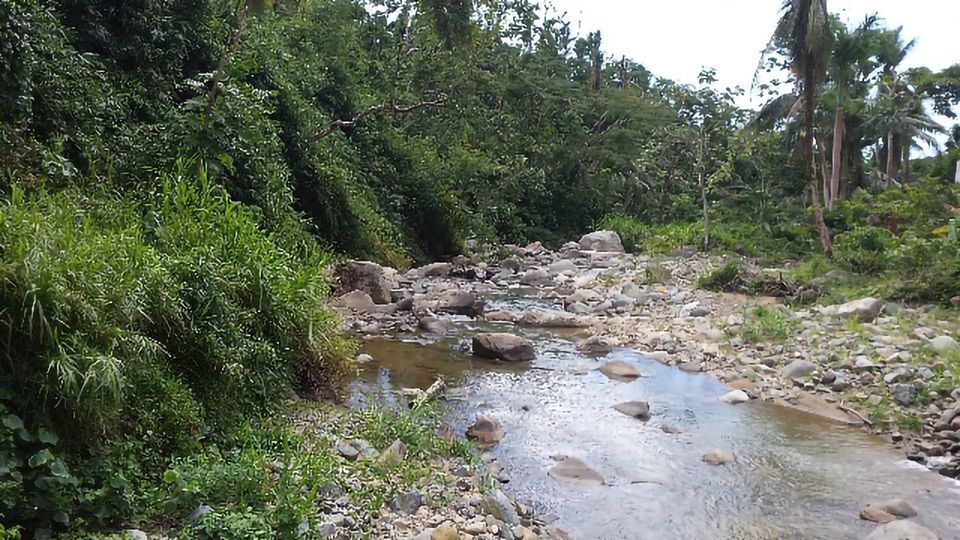Post-Hurricane Monitoring of Antibiotic Resistance in Waterways Reveals Hotspots

Complete the form below to unlock access to ALL audio articles.
In the aftermath of Hurricane Maria, a category 5 hurricane that made landfall in September 2017, flooding and power outages caused some wastewater treatment plants (WWTPs) to discharge raw sewage into waterways in Puerto Rico. Six months later, researchers monitored antibiotic resistance genes (ARGs) in three Puerto Rican watersheds, finding that the abundance and diversity of ARGs were highest downstream of WWTPs. They report their results in ACS’ Environmental Science & Technology.
Flooding can result in contamination of waterways with untreated human waste, and in turn, fecal and pathogenic bacteria. Previous research has linked this contamination to the emergence of antibiotic-resistant bacteria. To help monitor the spread of these potentially harmful microbes in waterways, Benjamin Davis, Maria Virginia Riquelme, Amy Pruden and colleagues wanted to detect and quantify bacterial genes that confer antibiotic resistance in three Puerto Rican watersheds post-Hurricane Maria.
The researchers used a method called shotgun metagenomics DNA sequencing to detect ARGs in river water samples from three watersheds, including samples upstream and downstream of three WWTPs. The researchers found that the abundance and diversity of total ARGs, in particular those that confer resistance to clinically important aminoglycoside and β–lactam antibiotics, were higher downstream of WWTPs compared with upstream. The total ARG abundance was higher in samples from an urban high-impact watershed than from the two other watersheds, which had less human influence. Also, two anthropogenic antibiotic resistance markers –– DNA sequences associated with human impacts to the watershed –– correlated with the abundance of a distinct set of ARGs. Although baseline levels of ARGs in these Puerto Rican watersheds prior to Hurricane Maria are unknown, surveillance methodologies like these could be used to assess future impacts of major storms on the spread of antibiotic resistance, the researchers say.
Reference
Davis B et al. Demonstrating an Integrated Antibiotic Resistance Gene Surveillance Approach in Puerto Rican Watersheds Post-Hurricane Maria. Environmental Science & Technology. Accessed November 19, 2020. https://doi.org/10.1021/acs.est.0c05567
This article has been republished from the following materials. Note: material may have been edited for length and content. For further information, please contact the cited source.

